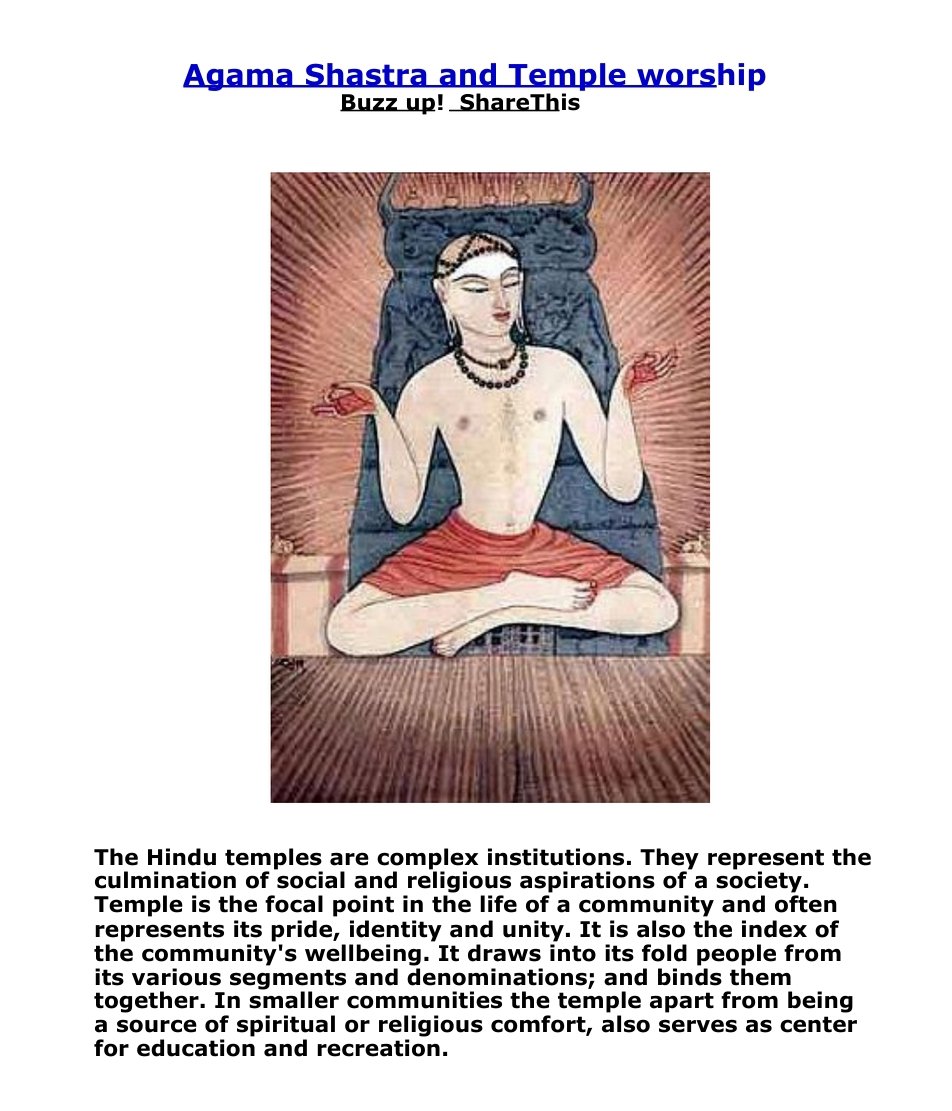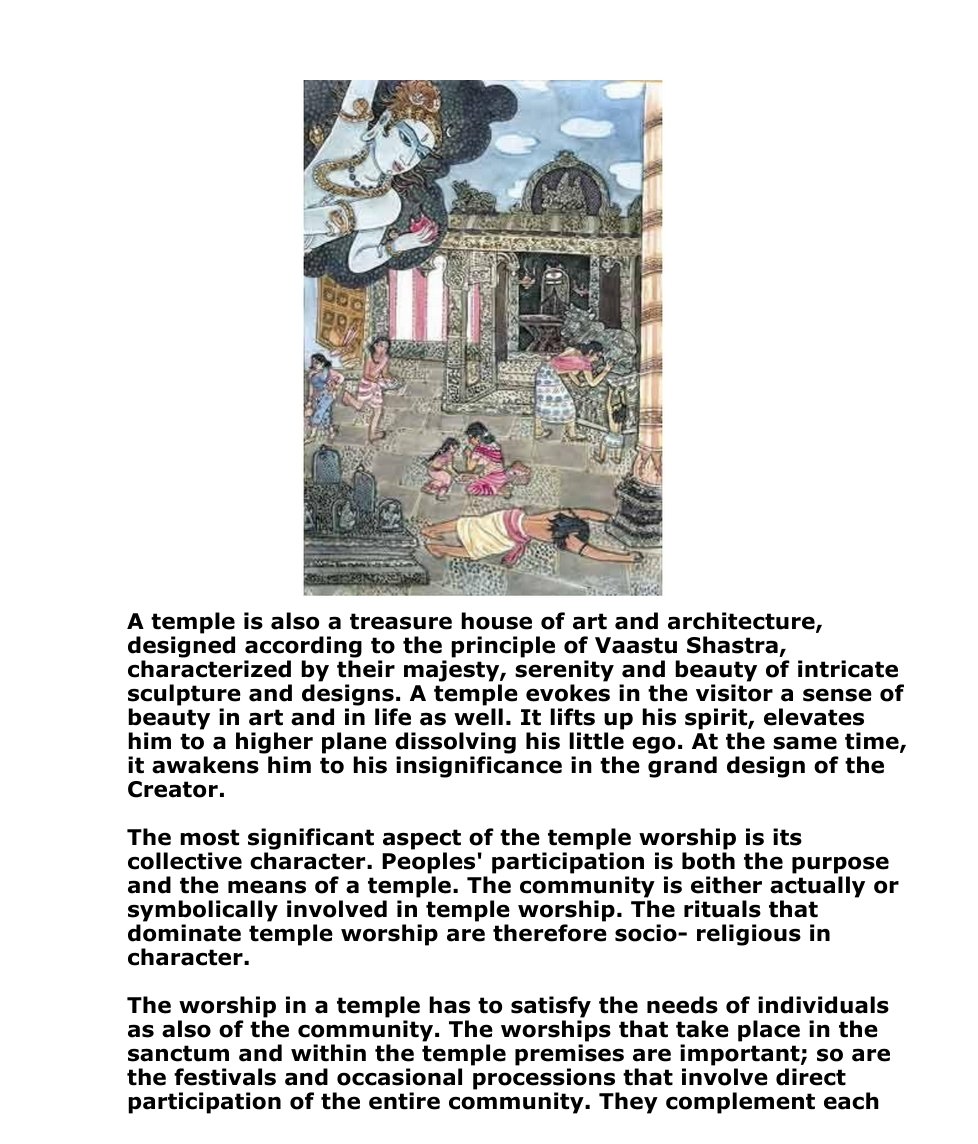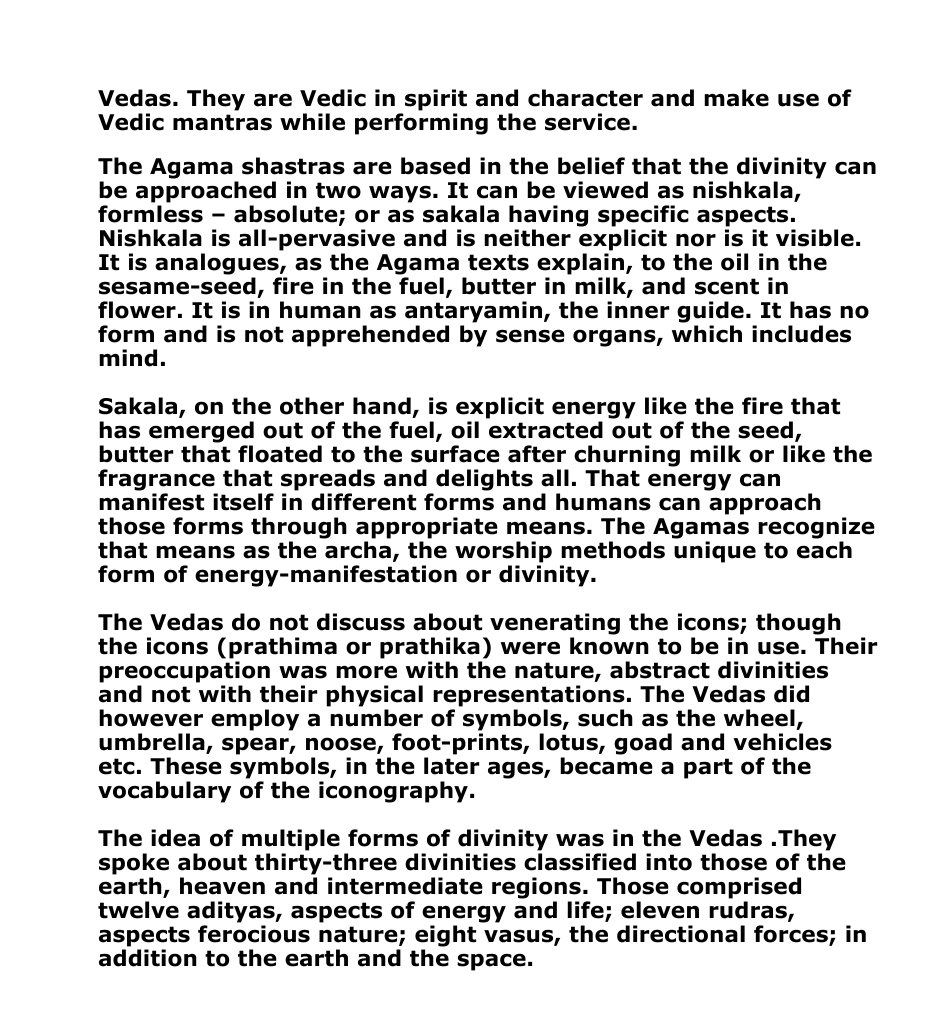So what is a cult? What are the hallmarks of extremism? The Oxford Dictionary defines a cult as “a system of religious veneration and devotion /2
“Fanatical Remainers and the FBPE cult”: a thread
The populist right seems to be intensifying its efforts to portray supporters of EU membership as some sort of lunatic fringe. (Never-knowingly-impartial @afneil and billionaires’ stooge @darrengrimes_ are among (1/20-ish)
So what is a cult? What are the hallmarks of extremism? The Oxford Dictionary defines a cult as “a system of religious veneration and devotion /2
According to Janja Lalich PhD, a sociologist who specialises in cults and extremist groups, a cult is “a group or movement held together by a shared commitment to a charismatic leader or ideology. It has a belief system /4
“Cults tend to be founded by charismatic leaders … great manipulators. They know how to read people. They come along and offer a message /5
Further signs of culthood as identified by Dr Lalich and other experts may include, but are not limited to:
• Inculcation of loyalty and unity by inventing and exaggerating external threats. Outgroups are demonised and dehumanised, and /6
• As well as messianic leader figures and satanic enemies, cults often feature speculation about some sort of apocalypse.
• Stereotyping and caricaturing of perceived ideological foes. /7
• Reductive, Manichean view of the world: believers are the good guys, and everyone else is either evil, stupid, or brainwashed.
• Vague promises about making things better, but little detail. /8
• Simple solutions to complex problems.
• Language heavily laden with emotion.
• Frequent appeals to glorious former times, tradition, and culture.
• Prohibition of challenging, questioning or disbelieving their high priests. /9
• Discouragement of independent thought. Cult followers are not permitted to have insights, /10
• Cult members are invited to frequent mass gatherings where the charismatic leaders give rousing, /11
• There is no truth but the cultists’ truth. Followers must believe the word of their high priests over the evidence of their own eyes.
Now, who does all this remind you of?
Charismatic leaders: Farage, Rees-Mogg, Johnson /12
Antichrists: Jean-Claude Juncker, Angela Merkel, Sadiq Khan, George Soros, Bill Gates
Apocalypse: “The EU is collapsing”, “Our culture is being destroyed”, /13
Emotional language: “freedom”, “I’m PROUD of my country”, “You HATE Britain”, “You LOVE the EU”
Invocation of past: “We’ve survived worse”, “We won the war”, “We civilised the world” /14
Slogans: “You lost, get over it”, “No deal is better than a bad deal”, “EU shackles”, “You hate democracy”, “Love Europe, hate EU”, “Global Britain”, “We hold all the cards”, “Will of the people”
Abstract concepts: “sovereignty”, “freedom”, /15
Mindless repetition: retweeting
Quasi-religious mass gatherings: Brexit party rallies.
Meanwhile, Remainers look at facts and listen to expert opinion. What’s fanatical about that? Remainers care about the details, about the real impacts on real people. /16
Remainers don’t venerate or blindly worship the EU (despite what Brexiters think). Instead they have a rational certainty – or at the very least, a high probability – that staying in the EU makes better economic, social and political sense. /17
It is, of course, Euroscepticism – or rather, the Europhobia that it always pretended it wasn’t – that is the real cult. /19
But it is all too obvious who the crackpots are. /E
But it is a passion rooted in fact, not in a formless rage that waves flags and screams slogans to try to conceal its lack of substance.
































